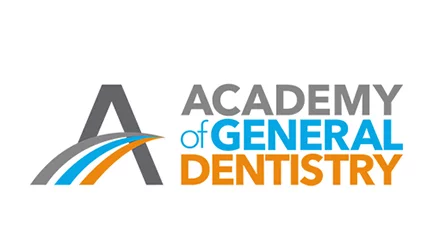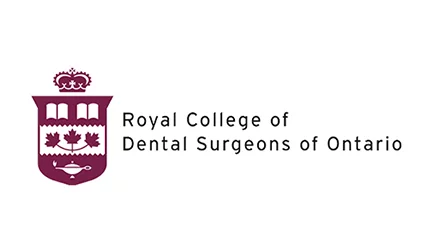ENTICING ADVANTAGES OF DENTAL CROWNS THAT WILL HELP YOU UNDERSTAND THEM BETTER
A crown is a dental restorative approach to repair the functionality of chipped, cracked, and worn-down teeth. Dental crowns can resize, reshape, and strengthen the damaged teeth and act as the tooth’s outer surface. It is the most common dental procedure and delivers effective and long-lasting results. Crowns are either made up of metal or porcelain.
People who have the following dental issues must consider having dental crowns:
- Chipped or cracked teeth
- Worn-down or weakened teeth
- Highly stained or discoloured teeth
- Teeth with large fillings when not much tooth structure is remaining
Crowns are highly durable and resistant. They can withstand the daily rigours of biting and chewing. In addition to repairing weakened or worn-down teeth, dental crowns provide you with a perfect smile by covering dark or highly stained teeth. In some cases, the dentist recommends crowns or onlays for the patients when their tooth is not severely damaged but cannot get repaired by fillings.
1. DENTAL CROWNS COMPLETELY BLEND WITH NATURAL TEETH
The ceramic or porcelain crowns completely blend with your natural teeth and look aesthetically pleasing. In this way, people can have no idea that you have undergone dental crown treatment.
Moreover, these crowns are custom-made and fabricated according to your teeth’ size, shape, and colour, making them look completely natural and comfortable. Dental crowns allow the wearer to eat anything they want, just like natural teeth.
2. CROWNS ARE RELIABLE AS THEY DO NOT SLIDE OR SHIFT
Unlike other dental procedures, they do not dislocate or slide. The crowns are firmly placed over your teeth via cement or bridges and act like original teeth. That’s why they cannot become a reason for embarrassing moments and enable people to smile or laugh with freedom.
3. DENTAL CROWNS CAN PROTECT ORIGINAL TEETH
Dental crowns encase the original chipped and damaged teeth and restore their functionalities. They can also protect and shield our original teeth from further damage and plaque build-up.
After getting crowns, people should maintain oral hygiene and visit their dentist for professional cleanings and assessments at regular intervals. In this way, the quality of crowns can be preserved for longer periods.
4. DENTAL CROWNS FEEL COMFORTABLE
Dental crowns are manufactured according to the dental impressions and comfortably fit over your original teeth. Moreover, they also act as armour for highly sensitive areas and minimise their exposure to prevent any discomfort.
In the beginning, people may feel mild pain or irritation after getting crowns, but these are temporary side effects and fade away on their own.
5. CROWNS ARE DURABLE AND LONG-LASTING
On average, well-maintained dental crowns can last for more than fifteen years. Because of their durability, crowns are a good long-term dental treatment option. Various preventive care steps can further help these crowns last longer and improve their form and function, including good oral hygiene and professional dental cleanings.
6. HELP PEOPLE TO REGAIN THEIR SELF-CONFIDENCE
Missing or lost teeth adversely affect people’s self-esteem and make them conscious of their appearance. Dental crowns improve people’s smiles, allowing them to laugh with freedom, which restores their self-confidence. Dental crowns encase the chipped or cracked teeth and give our teeth an original look.
7. DENTAL CROWNS HAVE A NON-INVASIVE AND SIMPLE PROCEDURE
Dental crowns are placed over your teeth in order to cover them. In addition to encasing the damaged teeth, they also protect them from further deterioration. Moreover, dental crowns are placed in a very simple and non-invasive procedure and do not require extended healing periods. Dentists also use anaesthetics during this procedure so that patients do not feel any pain sensations or discomfort.
8. CROWNS CAN REPLACE LARGE AND WORN-OUT FILLINGS
Dental crowns can also replace large or worn-out fillings. If you have deteriorated dental fillings, then replacing them with crowns can prove to be the best and safest option because dental crowns are less noticeable, do not react to heat or temperature extremes, strengthen the functionality of your teeth, and give you a beautiful, natural-looking smile.
ESTIMATED COSTS OF DENTAL CROWNS
On average, the costs of dental crowns range between $800 to $3500 per tooth, but these are inconsistent prices and fluctuate depending on various factors like your region, the extent of tooth damage, and the quality and type of your crowns. Moreover, porcelain crowns can cost around $800 to $3000, while gold dental crowns vary between $600 to $2500.
Of all the dental crown types, porcelain-fused-to-metal crowns are the most economical ones and range between $500 and $1500 per tooth.











